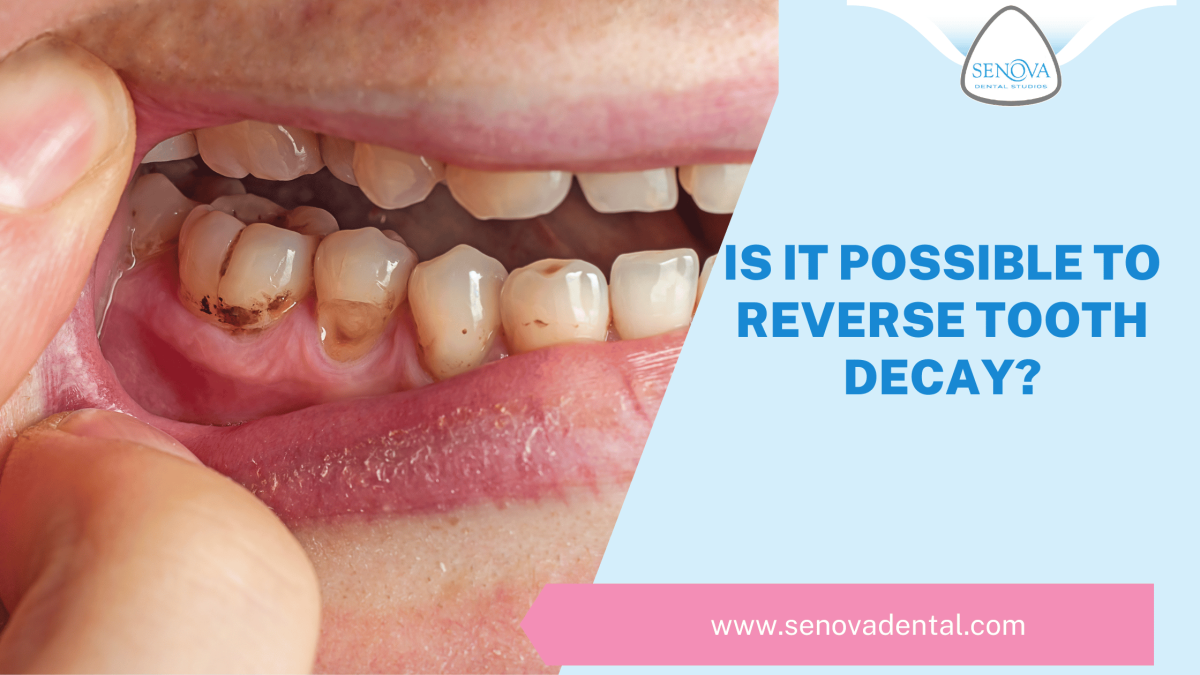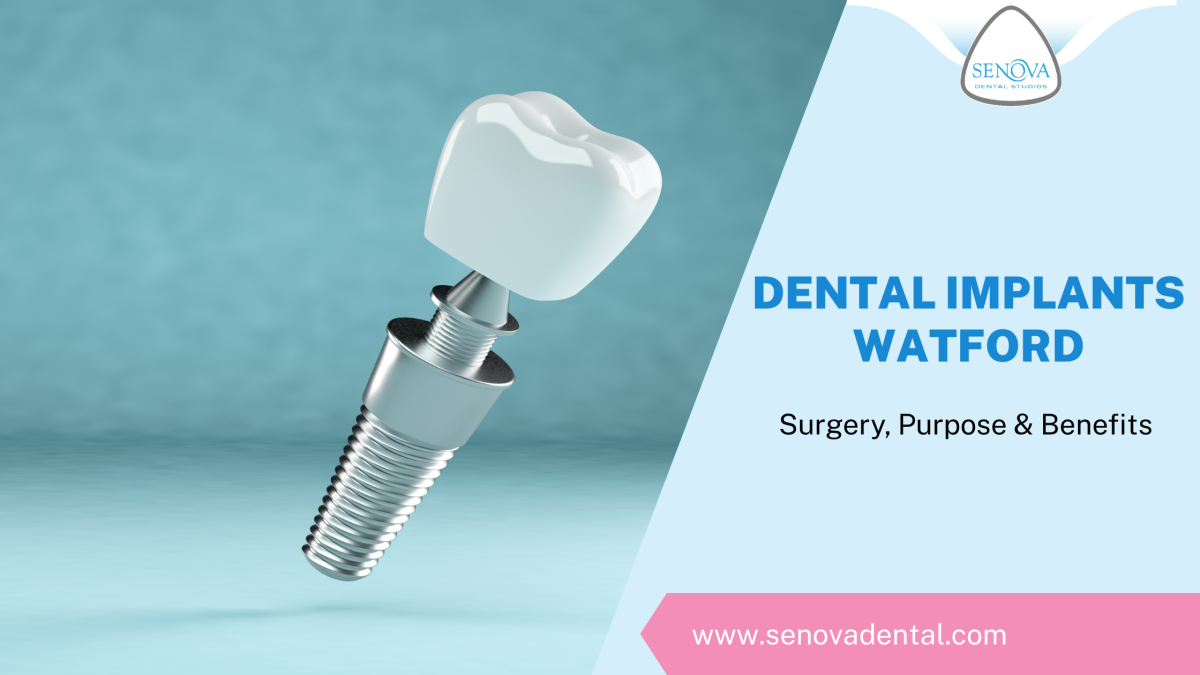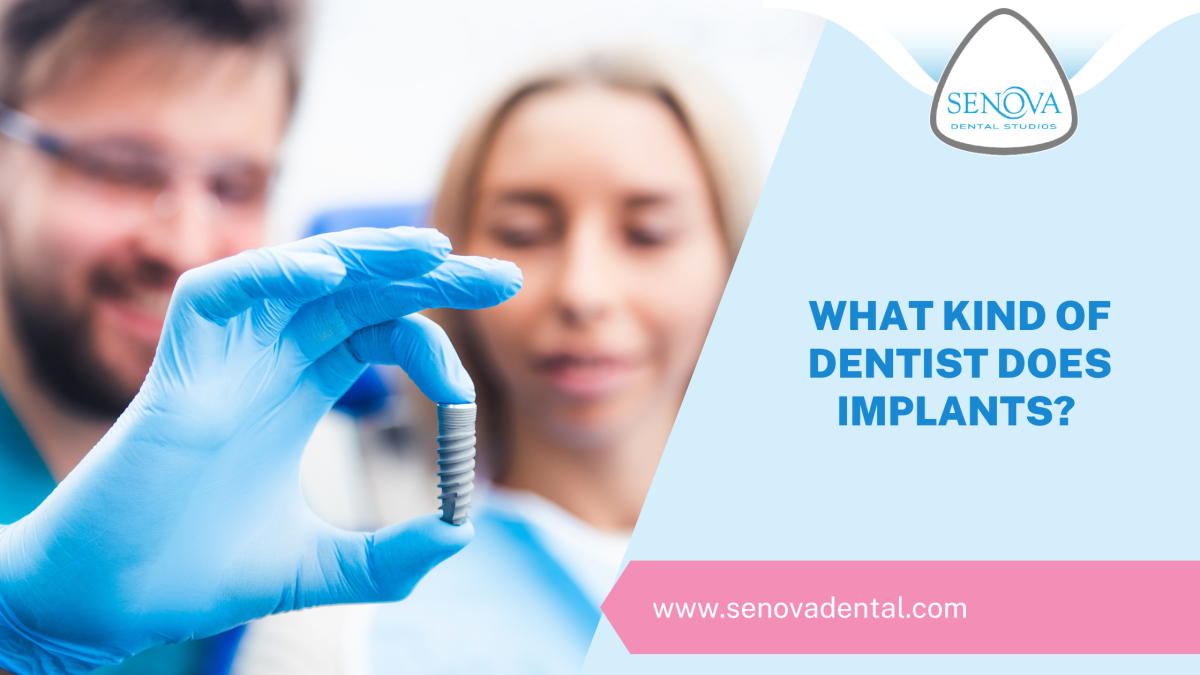
Did you know that over 27% of British adults have cavities in one or more teeth? We often hear from dentists that tooth decay is bad for our teeth and can severely affect our oral health. But have you ever wondered what tooth decay is and whether it is reversible? If you are looking for an answer to these questions, then you have come to the right place. This blog explains everything you need to know about tooth decay and answers the most pressing question: “Is it possible to reverse tooth decay?”
So, read on to learn more about dental cavities and their management.
What Is Tooth Decay, And Why Is It A Problem?
According to the Oral Health Foundation, tooth decay is a condition where the outer protective layer of the tooth called the enamel is destroyed due to acid attack. This occurs because of the harmful products released by the disease-causing bacteria living inside the dental plaque and tartar.
Tooth decay is a serious oral health issue because it weakens the teeth. Tooth decay starts with softening of the affected tooth structure. Early tooth decay may also appear as white spots on the affected tooth surface. If left untreated, it can significantly damage the tooth structure. This loss of tooth structure due to tooth decay is known as a dental cavity.
Why Does A Tooth Decay?
The most significant reason behind tooth decay is poor oral hygiene. When we don’t maintain optimal oral hygiene through brushing and flossing, a thin layer of food debris forms on the teeth called dental plaque. Over time, the plaque hardens into dental calculus. Both plaque and calculus are rich in carbohydrates and are utilised by the disease-causing bacteria.
These bacteria release acidic products that make the oral cavity’s environment acidic. This results in the removal of minerals from the tooth enamel, leaving them vulnerable and weak. This process is called tooth decay.
How To Recognize The Early Symptoms Of Tooth Decay?
Tooth decay is one of the most prevalent dental issues worldwide. Fortunately, it is quite easy to detect early signs of dental decay. The foremost sign of tooth decay is the softening of the affected tooth surface. Over time, the affected region may become discoloured and sensitive to hot and cold foods or drinks.
Can Tooth Decay Lead To Other Complications?
Untreated cavities in teeth can lead to various complications. For example, long-standing tooth decay can cause significant damage to the tooth structure. While small to medium dental cavities can be restored with white fillings, large cavities may require dental fillings reinforced with porcelain crowns. This is to ensure that the tooth doesn’t fracture due to the large size of the filling.
Moreover, long-standing dental cavities can result in the exposure and inflammation of the dental pulp. When this happens, there is severe pain and swelling around the affected tooth. At this stage, the only option to save the tooth is a root canal procedure. If multiple attempts to save a decayed tooth fail, your dentist will have to extract the tooth and replace it with an implant-supported prosthesis.
Can Decay Be Reversed In Adult Teeth Without A Root Canal?
It is not possible to reverse tooth decay in children or adults. However, it is possible to remove the decayed tooth portion and replace it with a suitable filling. Similarly, a root canal procedure is not used for reversing tooth decay. Instead, it is performed to save a decayed tooth with infected dental pulp. The root canal procedure involves removing the infected pulp tissue from the tooth’s interior and replacing it with an inert biomaterial.
What Is The Best Treatment For Tooth Decay?
One should always try to prevent dental cavities from forming in the first place. However, if tooth cavities do form, the best treatment option is to remove the decayed portion and replace it with a filling material. Today, most dentists use tooth-coloured composite fillings that blend in perfectly with the teeth and become virtually indistinguishable. Moreover, these white fillings are also sufficiently durable and last long if looked after properly.
How Does Toothpaste Prevent Tooth Decay?
Many toothpastes contain fluoride and other antibacterial agents. Fluoride is known for remineralising the teeth and making them resistant to decay. At the same time, antibacterial agents in toothpaste neutralise the disease-causing bacteria thereby minimising the risk of tooth decay. That is why dentists recommend brushing your teeth at least twice a day with fluoride toothpaste.
Can Having Bad Teeth Affect Your Overall Health?
Having crooked, chipped, or decayed teeth not only affects your oral health but it can also affect your overall health and physical well-being. Bad teeth prevent us from chewing optimally. As a result, people with bad teeth cannot digest food properly, leading to various complications such as malnutrition and gastric issues. So, our oral health directly affects our physical well-being.
If you are looking for the best dentist in Watford for the treatment of your decayed teeth, you should visit Senova Dental. We offer high-quality general and specialist dentistry services to our esteemed patients at affordable rates. We also have a team of highly qualified dental professionals who will take good care of your entire family’s smile and oral health. So, download a voucher now for a refund of your initial assessment fee worth £85. So, what are you waiting for? Download the voucher today!
- What Is Composite Bonding? - November 25, 2025
- Emergency Dentistry: When To Seek Emergency Dental Treatment? - October 31, 2025
- Dental Implants Watford: Surgery, Purpose & Benefits - August 31, 2025




